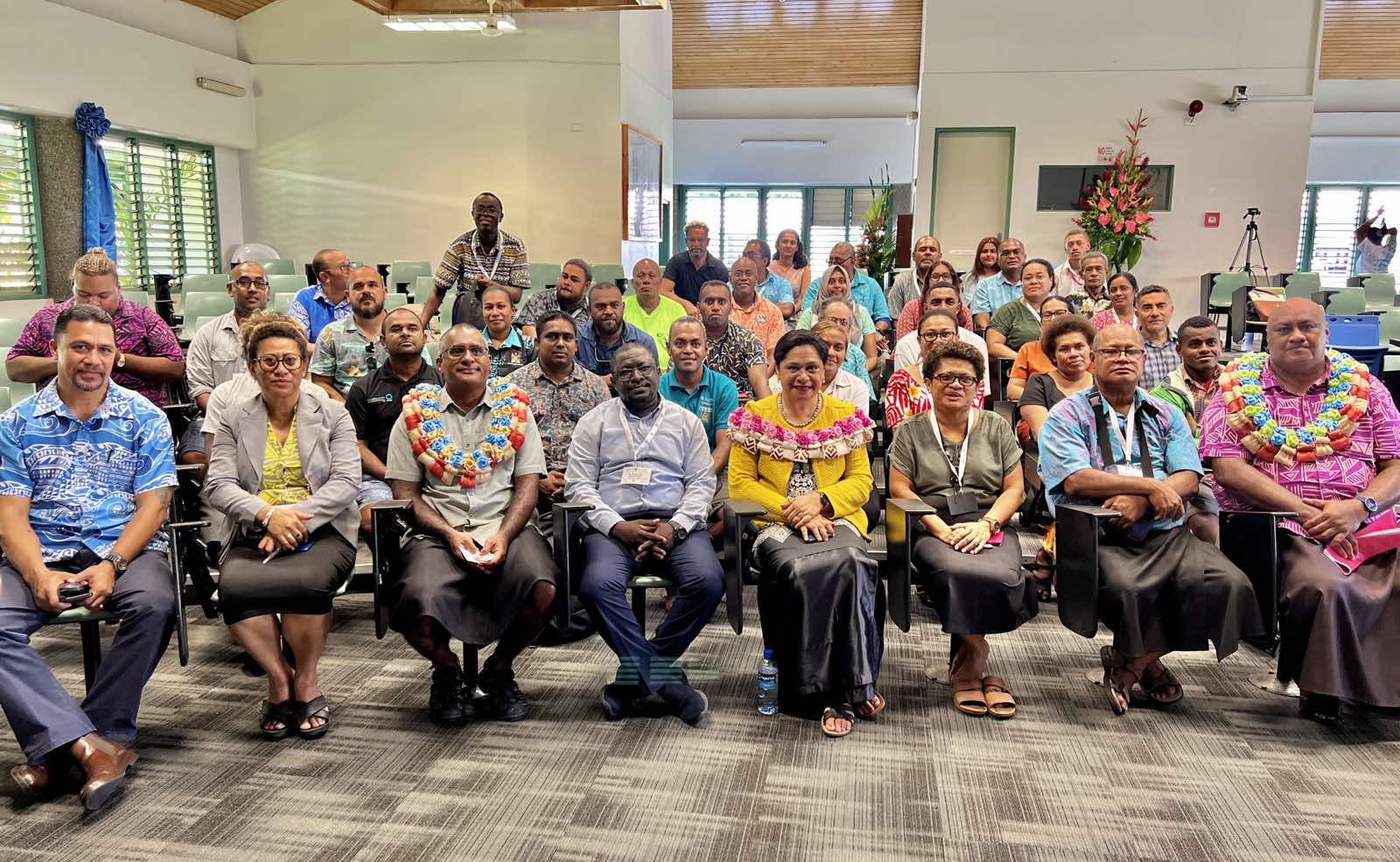Fiji’s first-ever Alien Invasive Species Symposium (FJIASS) has emphasised how invasive species interact with natural and human-made systems in Fiji, including rivers, wetlands, forests, agricultural systems, nature reserves, harbours, reefs, and oceans.
The symposium was launched at the University of the South Pacific (USP) Lower campus in Laucala on Tuesday.
While officiating at the event, Ministry of Waterways and Environment permanent secretary Mere Siqila Lakeba said the symposium provided an opportunity for the public to understand how invasive alien species interacted and its impacts on biodiversity and the environment.
Mrs Lakeba said invasive alien species threatened biodiversity and must be looked at to prevent the threat it posed to indigenous plants, animals and other organisms.
“This is a timely event and relevant today given that the movement of goods worldwide has heightened the risks of invasive alien species,” the PS said.
USP’s Institute of Applied Sciences Acting Director Dr Isoa Korovulavula said the two-day symposium covered various topics from managing invasive alien species, transboundary and bio-invasions to the economic impacts of the IAS.
Dr Korovulavula said the symposium resulted from ongoing cooperation between USP, FNU volunteers, the Secretariat of the Pacific Regional Environment Programme (SPREP), and government arms for the past five years.
SPREP Director General Sefanaia Nawadra said such initiatives would boost conservation efforts in Fiji and the region.
The two-day symposium ended at the USP Lower (Marine) campus at USP yesterday.
USP hosted the first symposium covering all invasive and terrestrial plants, animals, insects, and pathogens relevant to Fiji and the region, through the Institute of Applied Sciences, in partnership with the Biosecurity Authority of Fiji (BAF), the Fiji Government’s Ministry of Waterways and Environment and Ministry of Agriculture, Ministry of Fisheries, the Fiji National University (FNU), Nature Fiji/Mareqeti Viti and BirdLife.




